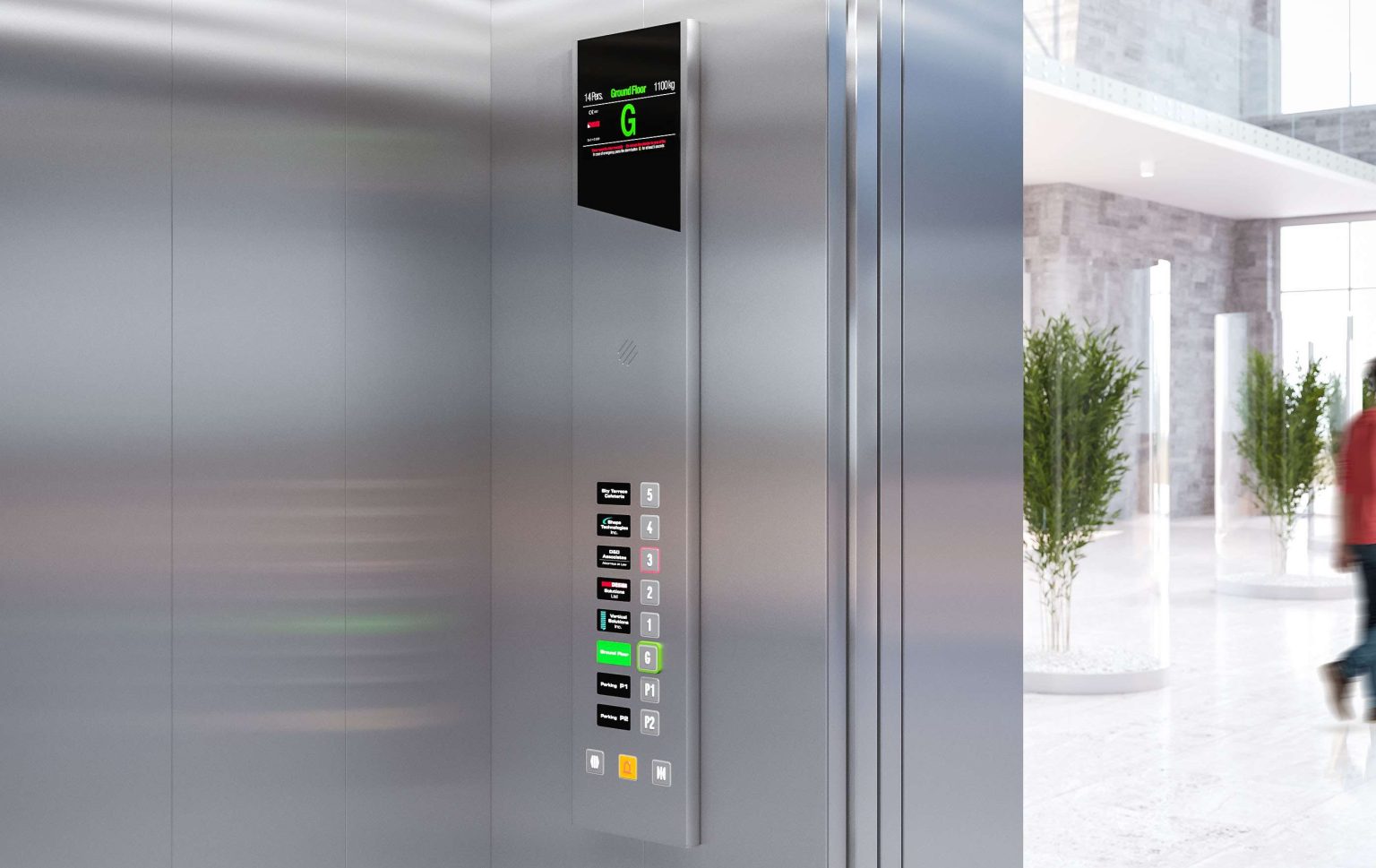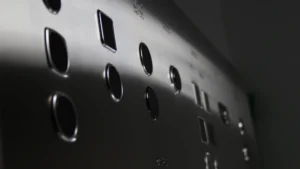“The elevator, Wilk says, is responsible for shaping modern life in ways that most people simply don’t appreciate.”
An associate professor of history at the Fashion Institute of Technology in New York and a board member of the Elevator Museum in Queens, Wilk would like everyone to be more conscious of the elevators in their lives.
But he is particularly disappointed with his fellow academics—people who are supposed to be studying how the world works, for failing to consider just how much elevators matter.
“The lack of interest scholars have shown in the cultural life of elevators,” he wrote in a recent e-mail, “is appalling.”
For most city-dwellers, an elevator is an unremarkable machine that inspires none of the passion or interest that Americans afford trains, jets, and even bicycles. Wilk is a member of a small group of elevator experts who consider this a travesty. Without the elevator, they point out, there could be no downtown skyscrapers or residential high-rises, and city life as we know it would be impossible. In that sense, they argue, the elevator’s role in American history has been no less profound or transformative than that of the automobile. In fact, according to Wilk, the automobile and the elevator have been locked in a “secret war” for over a century, with cars making it possible for people to spread horizontally, encouraging sprawl and suburbia, and elevators pushing them toward life in dense clusters of towering vertical columns.
In a new book, “Lifted,” German journalist and cultural studies professor Andreas Bernard zeroes in on this experience, tracing mankind’s relationship to the elevator back to its origins and finding that it has never been a totally comfortable one. “After 150 years, we are still not used to it,” Bernard said. “We still have not exactly learned to cope with this mixture of intimacy and anonymity.” That mixture, according to Bernard, sets the elevator ride apart from just about every other situation we find ourselves in as we go about our lives.”
(Taken from an article “How the elevator transformed America” published in the Boston Globe)





